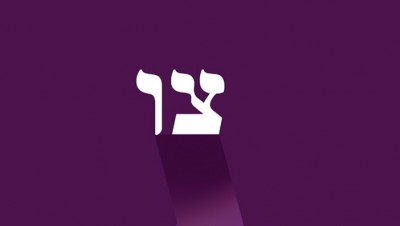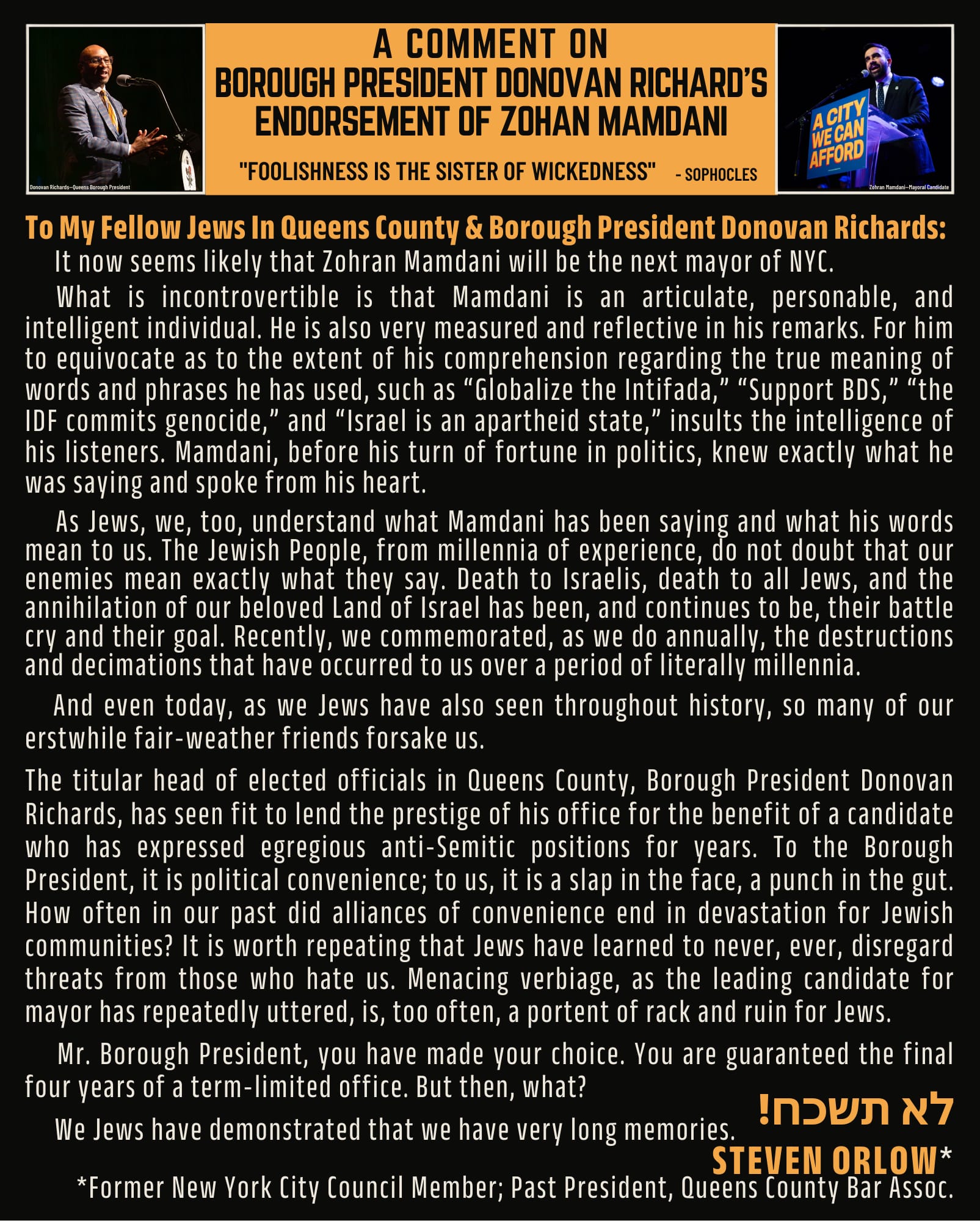
Command Aaron and his sons saying, this is the law of the burnt/elevation offering, this is the burnt offering because it burned on the altar all night till the morning and the fire of the altar shall burn on it.
Just as all the Mitzvot become more difficult to do and keep, when the world around us does the opposite, so does behaving in a humble way become more difficult. We know that the way of the Jewish people is to be humble and Shafel (of lowly spirit). Yet the world around us tells us to brag and boast. “Let the world know about your accomplishments and even exaggerate a little, and embellish”, they say.
Just as we cannot give in to the ways of the world in any other of the commandments, so too here, we have to take exceeding care to follow the path of humility. But are we fooing ourselves? Is humility today really possible?
Rabbenu Bechaya mentions that the ‘Olah is an offering that comes, as Razal tell us, as Kaparah (atonement) for one’s thoughts, and it is burnt completely. Neither the Kohen nor the one who brings it, partakes of it. It is considered to be on a very lofty and honored level. Additionally, the ‘Olah is burnt at night. One of the reasons is because one has thoughts at night which lead him to sin during the day.
Since thoughts are something intangible, like air, it is burnt completely and, as it were, returns to the air. That’s why no one was permitted to derive any benefit from it, because human beings are physical in nature and this offering was for something intangible.
Many Mefarshim expound on the fact that there is an apparent repetition in the verse when it says זֹאת תּוֹרַת הָֽעֹלָה הִוא הָֽעֹלָה (this is the law of the burnt/elevation offering, this is the burnt offering). Rabbenu Bechaya provides a basic understanding and says that it comes to indicate the importance of the sacrifice, by emphasizing הִוא (this is the burnt offering).
The Chida, also mentions the fact that the ’Olah comes as atonement for the thoughts that one has. Specifically, one who has arrogant thoughts is really the one who should be burnt on account of his pride and haughtiness. Instead, the sacrifice is burnt and this explains the fact that the word הִוא is written with the letter ו’, which is the masculine form because it refers to the person to the person, but it is pronounced הִיא (with a Yud), which is the feminine form, and is referring to the sacrifice.
Midrash Tanhuma’s explanation is that הִוא הָֽעֹלָה refers to the Roman empire, which elevated itself, making itself the haughtiest of empires. It adds that whoever aggrandizes himself, will eventually be judged by fire. The Midrash gives several examples of this, including the people of Sedom, the plague of Barad which was ice and fire together, and Nebuchadnezzar whose soldiers were burnt.
The Jewish people, and especially their Chachamim, are known for their extraordinary humility. This is the opposite of what the world tells when it says that we must always boast about our accomplishments.
There is a story about Chacham Silman Eliyahu, ’a”h, the father of late Rishon LeSion and Sephardi Chief Rabbi of Israel, Rabbi Mordekhai Eliyahu, ’a”h. Though he was a giant in Torah, he was very humble. Once, one of his Talmidim (students), in a moment of anger, said to a son of Hakham Silman,’a”h, that he (the student) was greater than his father in Torah.
The son repeated the student’s words to his father. Chacham Silman, ’a”h, said to him that he was absolutely correct. Even though initially he was his student and learned Torah from him, over the course of time he became so great in Torah, that at that moment in time he should be the Talmid’s student.
After some time, the student regretted his words and came to beg forgiveness from his Rabbi for disrespecting him. Chacham Silman replied to him and said, “What you said was absolutely true, so why are you asking me to forgive you?”
We can be certain about the fact that he meant what he said. This is true humility. One doesn’t stand on ceremony. Instead one looks at the situation exactly the way it is. He was a great Chacham with tremendous knowledge. He was older and the other’s teacher. Yet none of it stood in the way.
The answer is that humility is within us to do. It is not dependent on the outside world. It depends on us. If we can honestly look at ourselves for what we are, loo at both the positive and the negative, see ourselves as good people, of course, but with shortcomings that need to be worked on, and compare ourselves to the good that we see in others, we will find that humility will not be that hard to attain.
Rabbi Ya’aqob Menashe is a renowned author and lecturer, whose Shiurim continue to inspire thousands around the world. Many can be seen at www.NonstopTorah.com. His daily Torah Minutes are eagerly anticipated by thousands every morning. They can be seen at www.ATorahMinute.com. Rabbi Menashe is the spiritual leader of Midrash BEN ISH HAI. More information is available at the Midrash website, www. Midrash.org.
Staying Humble
Typography
- Smaller Small Medium Big Bigger
- Default Helvetica Segoe Georgia Times
- Reading Mode













